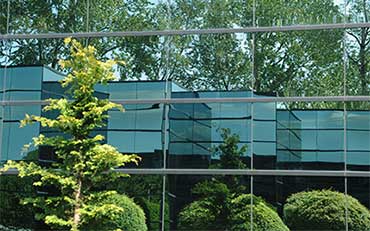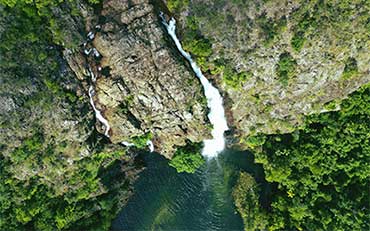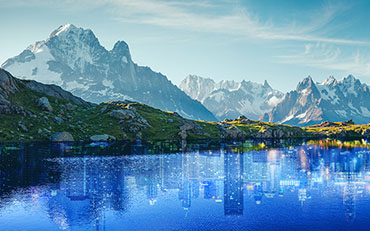ESRS E5 – Impact, risk and opportunity management
Description of material impacts, risks and opportunities
Earth Overshoot Day is a stark reminder of how humanity is living beyond its means. In 2024, the natural resources that our planet is able to supply within the space of one year were calculated to have already been exhausted by 1 August. Interzero’s business activities aim to counter the continued advance of this global trend and enable a more sustainable use of our resources. The circular solutions provided by Interzero make a measurable contribution to relieving the strain on our planet: In 2023, Interzero saved more than 11.1 million tonnes of primary raw materials by its closed-loop management of about 2.5 million tonnes of recyclables. This is confirmed by the scientific study resources SAVED by recycling from the Fraunhofer UMSICHT institute. Using the study as a starting point, the Global Footprint Network has calculated that the transition to the global ‘Earth overshoot’ in 2024 would have occurred about 7 minutes and 12 seconds earlier without Interzero’s innovative solutions and recycling activities. As a pioneer and thought leader in the climate- and resource-friendly circular economy, Interzero was awarded the 2024 German Sustainability Award and also received a special award in the transformational field of ‘Resources’.
A resource-friendly circular economy is Interzero’s core business, which makes ESRS E5, the standard for this topic, especially important for the company. Resource inflows, resource outflows and waste are material topics in the context of the DMA. Interzero makes a demonstrably positive contribution here – not only by collecting, sorting and recycling waste but also by providing consulting services for recyclability and refurbishing used IT products. Financial opportunities are possible – such as by developing new customer segments with sustainable services. Interzero’s dependency on raw material prices constitutes a material financial risk. Waste volumes produced at its own sites are also potential negative impacts on the environment; however, these are not currently associated with material financial effects for Interzero.
As a supplement to the overview provided in ESRS 2 SBM-3, the table below presents the material IROs in the Circular Economy category that Interzero has identified in the course of its DMA. The process for identifying IROs is documented in ESRS 2 IRO-1.






